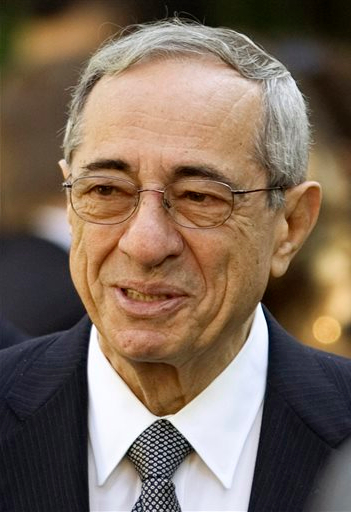Mario Cuomo’s Brooklyn Roots: From Court Street Lawyer to governor

Although the late New York Gov. Mario Cuomo, who died on Thursday, was born and grew up in Queens, his formative legal experiences were in Brooklyn — both at St. John’s Law School, which was then on Schermerhorn Street, and later on Court Street.
He also represented Long Island College Hospital (LICH) before that institution’s ill-fated affiliations with Continuum Health Partners and SUNY Downstate.
On Monday, hundreds of mourners waited in front of a funeral home in a line that stretched more than a block to pay their respects to Cuomo, who died just hours after his son was sworn in for a second term. Among the prominent individuals who came to Cuomo’s wake on Madison Avenue were U.S. House Minority Leader Nancy Pelosi, U.S. Sen. Charles Schumer (D-N.Y.), a lifelong Brooklynite; actor Alan Alda and former state Comptroller Carl McCall.

Brooklyn Boro
View MoreNew York City’s most populous borough, Brooklyn, is home to nearly 2.6 million residents. If Brooklyn were an independent city it would be the fourth largest city in the United States. While Brooklyn has become the epitome of ‘cool and hip’ in recent years, for those that were born here, raised families here and improved communities over the years, Brooklyn has never been ‘uncool’.